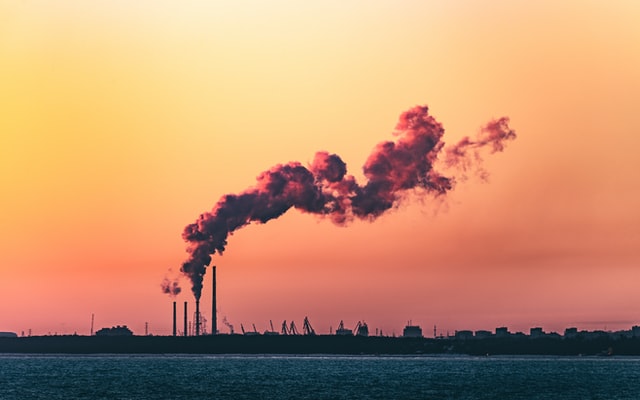Decarbonized Economy: A Need of the Environment

The drastic climate change has led to huge risks to both people and livestock, which needs instant attention. Meeting the targets of climate change not only helps to mitigate risks but also helps in seizing opportunities to make the significant transformation. The changes are not mere responsibilities of governments and leaders but also of industries and individuals.
In this article, we will talk about different ways of averting the impact of climate change, decarbonized economy, and how it will be beneficial.
Different Way to Determine Climate Change and its Impact
Here are some of the ways climate change can be determined:
Climate risk advisory: To understand the change and impact, professionals can assess, quantify, and measure opportunities and risks across a range of supply chains. By using the collected data in varied scenarios, the impact of climate change on business performance can be determined.
Decarbonization: Having a strategic insight on the impact of climate change and the solution that decarbonization brings can be advantageous. From measuring emissions to monitoring, implementing, and reporting, operational value can be easily calculated, and progress can be determined. Industries can procure several options such as opting for renewable energy, energy efficiency, management of supply chain, and more.
Creation of Low carbon value: Industrial sector can work on capitalizing on business opportunities that come with the implementation of the low carbon option. In this, goods and services produced with low carbon can contribute to optimizing the global economy.
Decarbonised Economy: How Does it Work Towards Mitigating Climate Change?
What is decarbonized economy: Decarbonised economy, also known as the low-carbon economy is an economy that relies on an energy source that emits a low level of greenhouse gas (GHG)Anthropogenic activities by human has led to GHG emission, which has led to major climate change in the mid of 20th century. Based on the impact of these changes it is estimated that if the emission continues, the world might be left with severe and lasting changes which would affect people’s lives irreversibly.
A gradual shift to the decarbonized economy has a substantial number of benefits on a global scale in both developing and developed countries. Due to this more and more countries are adopting low emission strategies. Through this, they will be able to achieve environmental, economic, and social developmental goals, simultaneously reducing the emission of greenhouse gas in the long term.
There are several advantages of decarbonized economies to health, ecosystem, employment, and energy security:
Ecosystem Resilience
With the development of low emission strategies for the land sector, the protection of carbo rich ecosystem can be prioritized. This will not only lead to a reduction of emissions but will also safeguard biodiversity and local livelihood which further contributes to the economy of the rural area. All this will together result in a climate-resilient system. Several initiatives are taken to conserve and sustainably manage the ecosystem.
Economic Benefits
Decarbonized economy can create several jobs which are ultimately beneficial for the economy. Transitioning to a socially and environmentally sustainable, low carbon economy when properly managed can eradicate social issues and will be able to provide the necessary resources. Resource efficiency and development of low emission industrial sector creates various opportunities for competition amongst companies and economies.
Improvement in the Trade Policies
Change in the trade policies can contribute to making a decarbonized economy with efficient usage of resources and exchange of goods and services that are climate-friendly. By removing tariffs from energy-efficient technologies, these measures can be easily implemented.
Countries and industries must come together to ensure that the climate targets are met. This will not only provide people with a hope of better tomorrow, but it will ensure that the economy of every country gets benefitted from it and its people. This leads to an integral growth of alternative energy sources.

 5 Tips to Excel in Online Learning Environments
5 Tips to Excel in Online Learning Environments  Top 10 Careers in Data Science
Top 10 Careers in Data Science  Tutor John W From DoMyEssay Shares A Brief Guide On How To Write Fiction
Tutor John W From DoMyEssay Shares A Brief Guide On How To Write Fiction  8 Best Homework Apps for College in 2022
8 Best Homework Apps for College in 2022  5 Tips to Improve Your Instagram Engagement Rate
5 Tips to Improve Your Instagram Engagement Rate